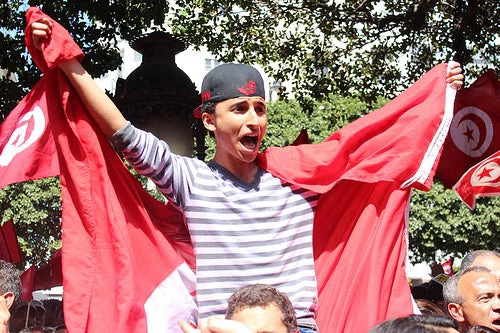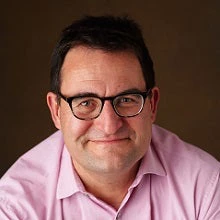In Arabic
In French
In December 2010, the Arab Spring began with a call for a change, which ended up becoming a reality in Tunisia, Egypt and Libya. The restoration of justice is now a priority focus in all these countries. In the minds of many citizens, justice means the return of funds looted by officials over decades of high-level government corruption. The tenor of recent news reports shows that throughout the region, the public’s patience for the process is wearing thin.
But the reality is that the asset recovery process is a long and often difficult road, one that must be traveled even long after the euphoria of regime change has dimmed. We know that from our engagements with client countries, and from many headline-making cases. For example, according to StAR’s Asset Recovery Watch, although former Philippine President Ferdinand Marcos was deposed in 1986, the attempts to recover his allegedly stolen wealth continue to the present day. Meanwhile, a new case against Nigerian Dictator Sani Abacha, who died in 1998, was launched in Luxembourg just this year.
Indeed, corrupt officials and their associates are experts at fabricating multi-layered webs of on- and off-shore bank accounts and multiple trustees and companies to hide their wealth. These tangled webs typically stretch across different financial institutions, jurisdictions and legal systems around the globe.
For Arab countries in transition, unraveling them in order to identify, track and recover stolen assets will take the right tools, capacity and knowledge, international cooperation, tenacity and patience—even with all the right legal frameworks in place. Certainly, the burden is on them to bring evidence, seek international assistance and make strong cases. But the story does not stop with them - more is also required of financial centers and Western countries, which should take a more pro-active approach in opening proceedings, reaching out to transition countries and conducting investigations and tracing looted assets.
The Arab Forum on Asset Recovery, which convenes in Doha starting on September 11, is a major step forward on what looks to be a long road. Co-hosted by Qatar and the US G8 Presidency, the forum is designed to spark ongoing collaboration on Arab asset recovery among the parties that can do the most to ensure justice is served--practitioners , investigators and prosecutors, policy makers and political leaders from Arab countries, G8 nations, Deauville partners and other nations. This is what StAR hopes the Arab Forum community can begin working towards in Doha:
• Identifying how to make the best use of and improve existing laws, institutions, frameworks and coordination channels in order to empower investigators and prosecutors in all concerned countries to advance their cases, and ensure that they have the information they need
• Identifying what countries need in terms of technical assistance and training, so that the community can begin to address them in a coordinated fashion.
• Starting bilateral discussions on international cooperation cases, so that countries can begin to agree on priorities and take decisive action towards recovering stolen assets
In the meantime, StAR will continue to assist Arab countries in transition. Already, we are working to address one of the region’s most urgent needs—the lack of capacity. After all, stolen assets can’t be recovered if there is no knowledge of how best to proceed or technical skills to push investigations forward. So StAR’s experts are delivering knowledge and advice about global best practices to practitioners via training sessions, advising investigators and prosecutors on how best to seek technical assistance, providing strategic and tactical advice to move investigations and cases forward and advocating for effective international collaboration through quiet diplomacy.
The world is watching. And as a champion of ending safe havens for corruption, StAR is supporting countries as they work to recover stolen assets and ensure that justice is served.



Join the Conversation